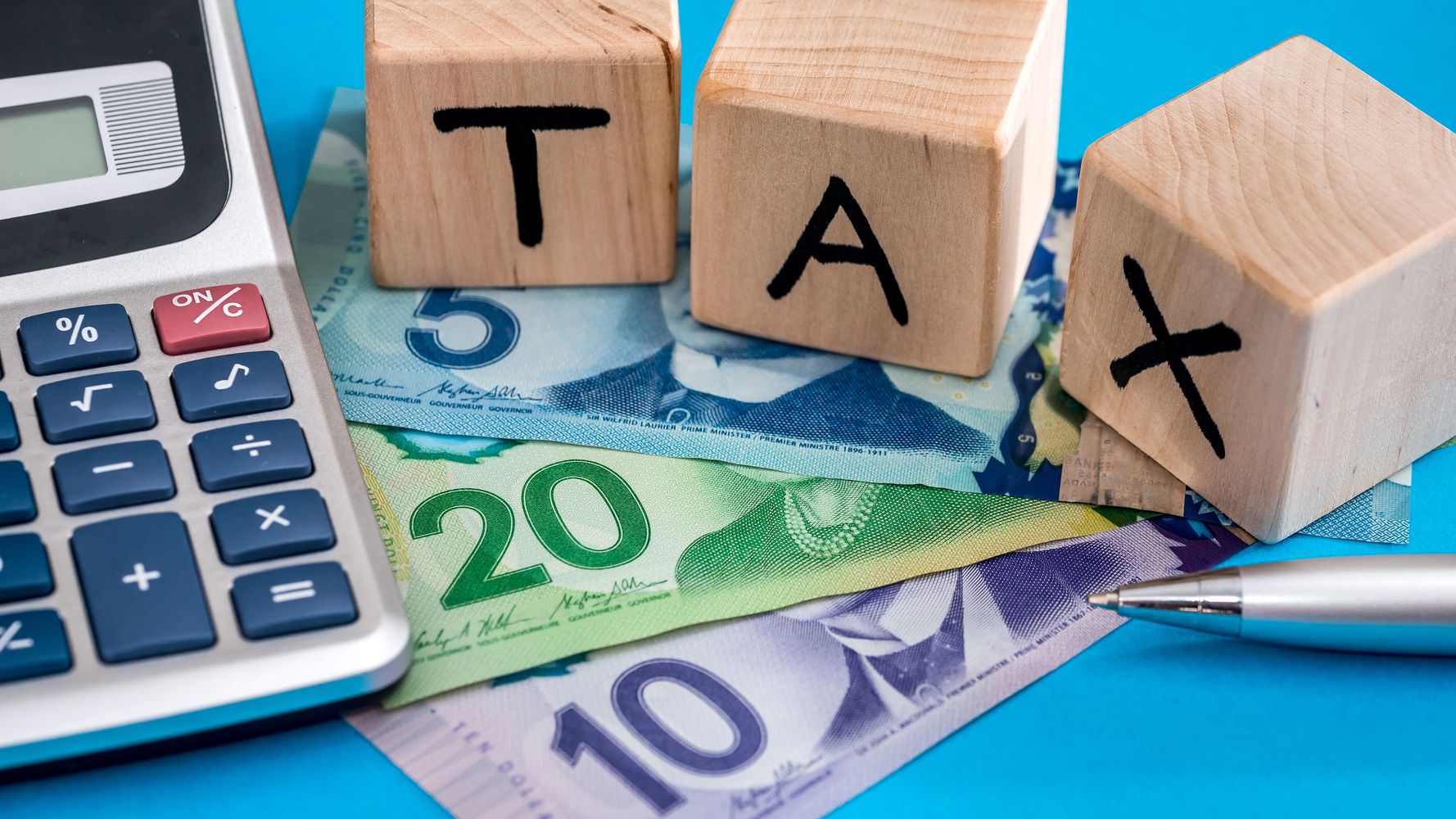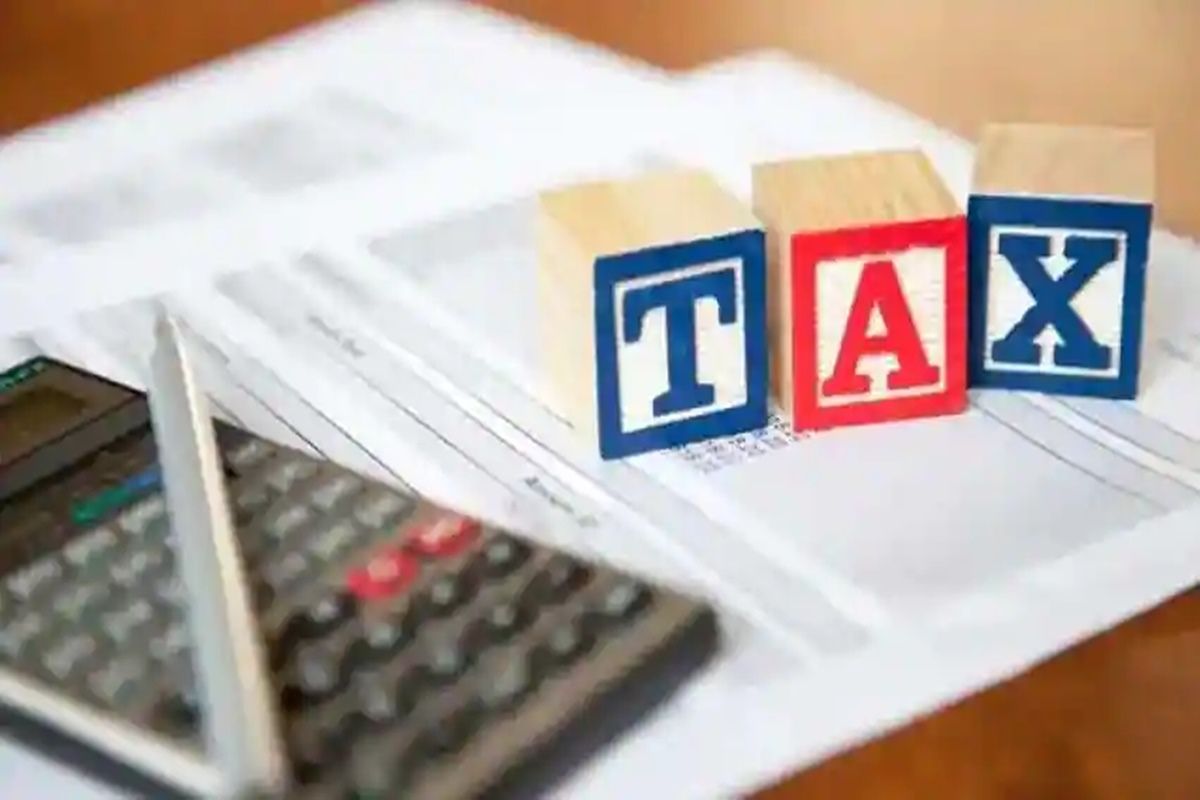
Understanding HRA: A Guide to How House Rent Allowance Works
Meaning
HRA stands for House Rent Allowance, which is a type of allowance provided by employers to their employees to help them meet their rental expenses. HRA is a part of an employee's salary package and is provided to help employees who are living in rented accommodation.
HRA is a tax-free allowance and is calculated as a percentage of the employee's basic salary. The exact amount of HRA that an employee can claim depends on the city or town in which they reside, as well as the amount of rent paid.
Exemption Allowed
HRA exemption shall be minimum of the following amounts:
- Actual HRA received.
- Rent paid annually reduced by 10% of salary.
- 50% of basic salary (if employee residing in metro city) or
40% of basic salary (if employee residing in any city other than metro city).
Documents Required
- PAN of landlord if rent is more than Rs. 1 lakh.
- Copy of rent agreement
- Rent reciept
Deduction u/s 80GG and HRA exemption
A Taxpayer can claim only one at a time. Both HRA and 80GG deduction cannot be claimed.
Deduction Under Sec u/s 10(13A) and deduction u/s 24B
The employee is eligible to claim deduction u/s 24B and exemption u/s 10(13A) at the same time. However, a maximum deduction of Rs. 2 lakhs is only allowed on the home loan interest if the owner or his family resides in the house property. The entire interest is waived off as a deduction when the house is rented.
Both these deductions and exemption are allowed only if any of the conditions are met:
- Both the houses (i.e, the house which employee owns and the rented accomodation in which the employee resides) are at different locations or
- there is a genuine reason for not living in own house.




